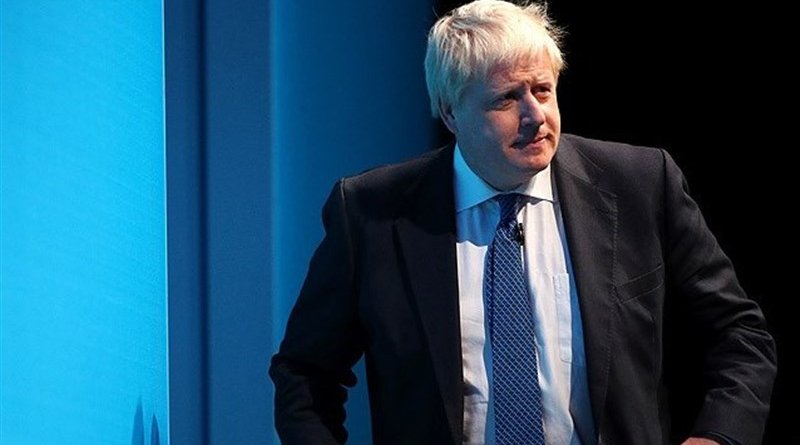Johnson Gets His Election: UK Lawmakers Agree December Poll
By EurActiv
By Benjamin Fox
(EurActiv) — The UK will go to the polls for a pre-Christmas general election on 12 December, after opposition lawmakers finally abandoned their opposition to Prime Minister Boris Johnson’s demands for an election at the fourth time of asking.
The House of Commons backed a bill to set a December poll by 438 to 20 on Tuesday (29 October), breaking weeks of political stalemate. The bill is now expected to be passed by the House of Lords before the end of the week, formally starting a five week campaign.
Johnson told MPs that a “new and revitalised” parliament was needed to take the UK out of the EU.
Earlier on Tuesday, the decision by the EU-27 to delay the UK’s exit from the EU by three months to 31 January was made legally binding, prompting Labour leader Jeremy Corbyn to drop his opposition to an election.
“This election is a once-in-a-generation chance to transform our country and take on the vested interests holding people back,” said Corbyn.
Plans by opposition parties, Labour, the Liberal Democrats and the Scottish National Party to change polling day to 9 December in a bid to ensure that university students would not be “disenfranchised” by holding an election outside term time, were narrowly defeated. Amendments to give voting rights to EU citizens living in the UK and 16 and 17 year olds were ruled out of order.
Having failed to meet his pledge to take the UK out of the EU on 31 October, after lawmakers refused to immediately ratify the Withdrawal Agreement he brokered with EU leaders on 17 October, Johnson will frame his campaign around getting a mandate to pass his deal and ‘get Brexit done’.
Labour and the Liberal Democrats both support a second referendum, though the Liberal Democrats will attempt to outflank Jeremy Corbyn’s party by promising to revoke Article 50.
Unsurprisingly, Brexit is expected to dominated the campaign, and the prospect of widespread tactical voting by both Remain and Brexiteer camps makes the election highly unpredictable. Nigel Farage has hinted that his Brexit party, which supports the UK leaving the EU on World Trade Organisation terms and is still polling over 10%, will not stand candidates against Conservative MPs who support a hard Brexit.
Johnson’s Conservative party will start the campaign around ten points ahead of Labour according to the latest opinion polls but will be mindful of the fact that the Prime Minister’s predecessor Theresa May squandered a twenty point lead during the last election campaign in May 2017.

